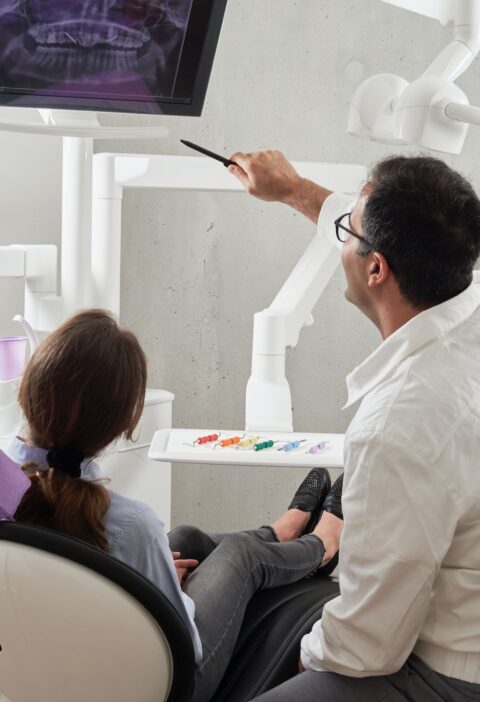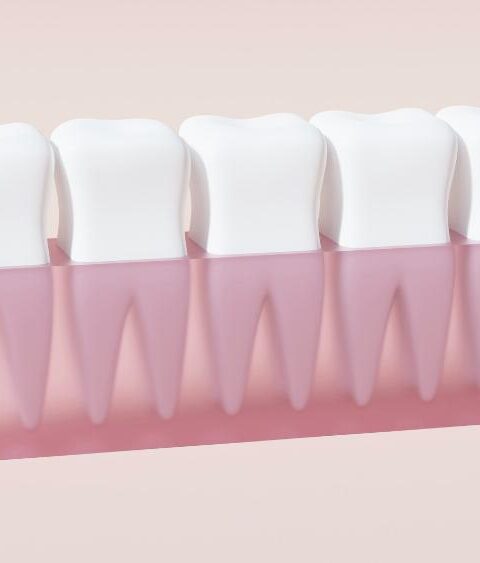Home medical supplies form the backbone of a supportive environment for those needing continuous care, enabling families and caregivers to address health needs efficiently. This equipment not only facilitates movement and rehabilitation but also enhances the overall quality of life, enabling patients to retain a degree of independence.
Navigating the myriad of available products might seem overwhelming for beginners. However, a structured approach to understanding the usage and benefits of each type of supply can demystify the process. Make informed decisions by familiarizing yourself with the specific jargon, functions, and recommended applications of various products to not only meet but also anticipate the needs of the person in care.
Prioritizing Quality Over Cost
Quality should be a priority for medical supplies, though it might come at a higher initial cost. The advantages of purchasing durable and reliable products often result in fewer replacements and better patient outcomes. High-quality medical equipment tends to perform more effectively and withstand the stresses of frequent use. These supplies range from daily health and hygiene products to intricate medical devices like Power Lift Recliners.
An article by Consumer Reports reveals that while choosing cost-effective solutions might seem appealing, they frequently result in additional expenses due to premature breakdowns and replacements. Recognizing reliable brands and assessing product reviews can be beneficial. Always ensure that quality standards and certifications of medical products align with healthcare standards to optimize patient safety and care efficacy.
Assessing Patient Needs
Customizing home care supplies to meet the patient’s needs is essential for effective caregiving. This requires a comprehensive evaluation of the individual’s medical condition, lifestyle, and personal preferences. Factors like mobility, age, psychological comfort, and any chronic conditions should be considered while selecting the appropriate supplies.
It is highly recommended that healthcare professionals be involved in this decision-making process. Their expertise can provide invaluable insights into the practical applications of various supplies and guide you in focusing on priority items. Moreover, periodic reassessments of the patient’s conditions will ensure that their evolving needs are continually met with the correct products.
Functional Versus Non-Functional Supplies
Differentiating between functional and non-functional medical supplies is crucial for effective home care management and logistics. Functional supplies, such as oxygen tanks or blood pressure monitors, such as oxygen tanks or blood pressure monitors, are essential tools directly affecting the patient’s health. In contrast, non-functional supplies include extra pillows for comfort or decorative options for aesthetic appeal.
Efficiently determining which items are most critical and which can be secondary may ensure a streamlined inventory and prevent unnecessary expenses. Prioritize essentials that assist in daily care routines and improve health outcomes. Dual-purpose supplies can maximize value by meeting multiple needs, making each investment more worthwhile.
The Importance of a Reliable Supplier
Choosing a trustworthy supplier for home medical supplies ensures you have access to reliable products and excellent customer support. A reputable supplier guarantees the products’ quality and provides consistent availability and prompt delivery, which is crucial in home healthcare management.
Before committing, research potential suppliers by examining their customer feedback, return policies, and industry standing. This helps form a reliable and beneficial partnership, especially during emergencies when essential supplies are replenished rapidly. A solid relationship with a supplier can also lead to personalized service that caters specifically to your continuous needs.
Staying Informed with Industry News
The medical supply industry is continually evolving, with new technologies and regulatory breakthroughs emerging frequently. Staying informed empowers you to adapt to these changes and take advantage of new, improved products that better meet your home care needs.
Consider subscribing to informative newsletters and resources like Medical News Today for reliable information on the latest medical supplies. Understanding industry trends and news can help you make timely and efficient decisions, ensuring the best possible care environment for your loved ones.
Frequently Asked Questions
When setting up a comprehensive home care plan, it’s common for questions to arise. Understanding the typical lifespan of medical products, emergency preparedness, and how to transition supplies as the patient’s condition changes can optimize care strategies.
Clearing these doubts with healthcare professionals ensures all your decisions are well-informed and tailored to meet specific health and safety needs. Always aim to keep open lines of communication with medical experts to continually adapt your approach to the ever-changing requirements of home care.







